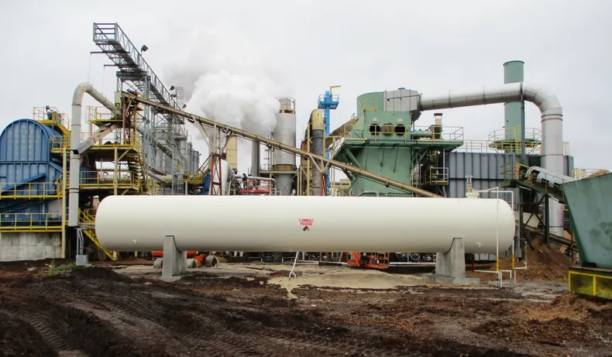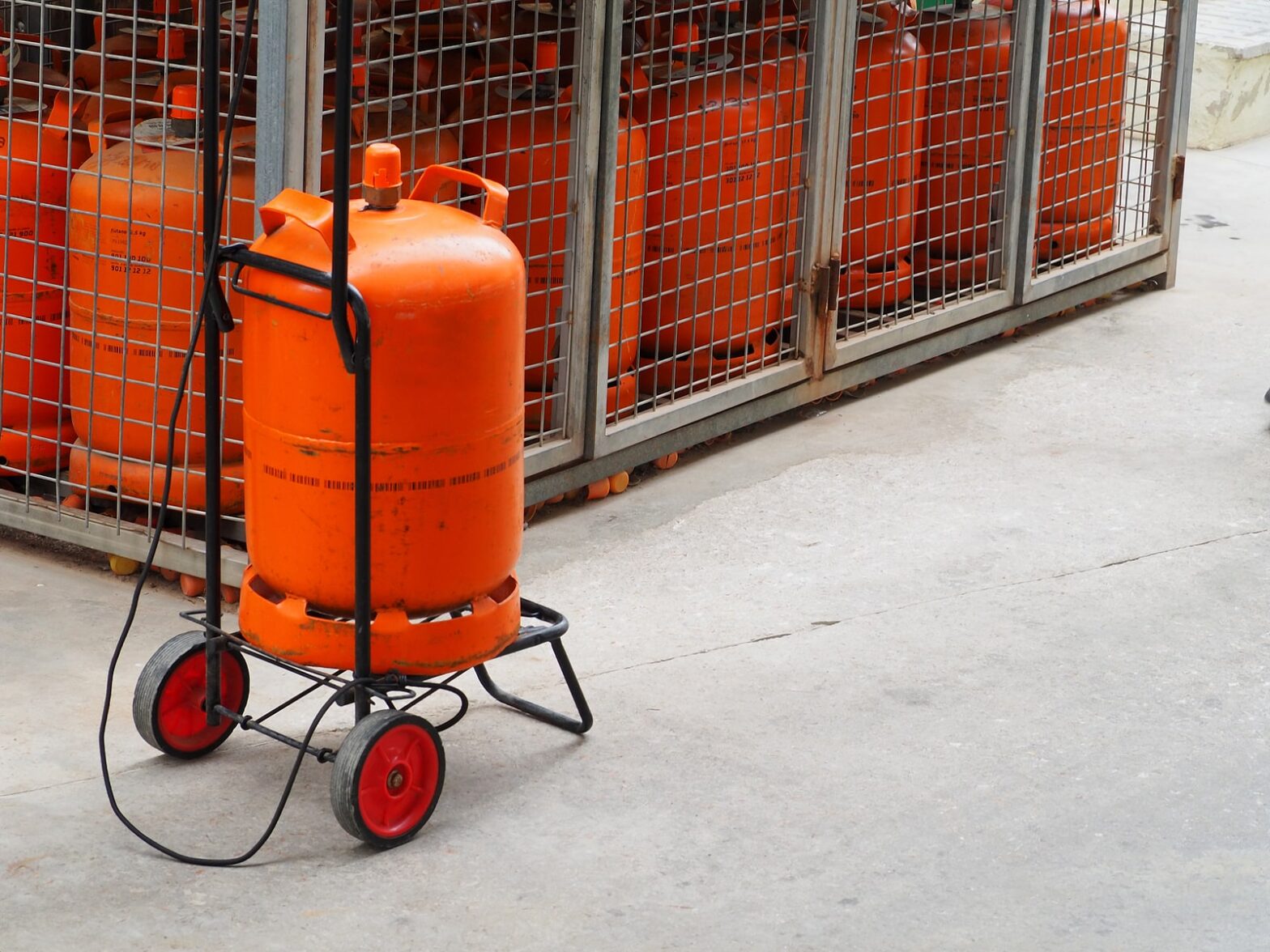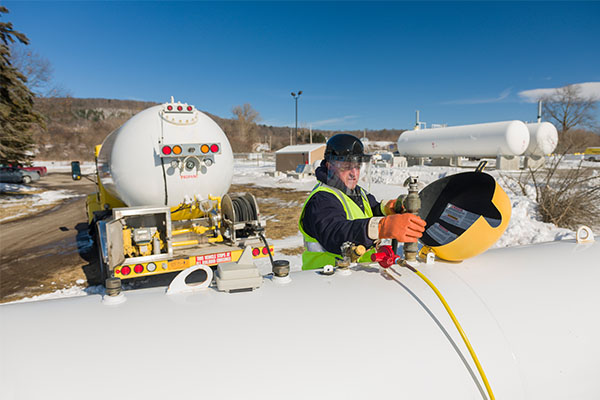Propane’s Environmental Impact for Businesses

Propane and the Environment: Assessing Your Business’s Footprint
As businesses strive to be more environmentally responsible, understanding the environmental impact of their operations is essential. For propane-related enterprises, recognizing the ecological effects of their activities is a crucial step toward sustainable practices. Here, we explore the environmental considerations relevant to propane businesses.
1. Greenhouse Gas Emissions
Propane is often considered a cleaner-burning fuel compared to other fossil fuels. It produces fewer greenhouse gas emissions when burned, contributing to reduced air pollution and a smaller carbon footprint. Businesses using propane can benefit from its eco-friendly combustion properties.
2. Carbon Footprint Analysis
Assessing your business’s carbon footprint involves calculating your propane-related activities’ total greenhouse gas emissions. This analysis helps understand the extent of your environmental impact and identifies areas for improvement.
3. Energy Efficiency
Propane-powered equipment and appliances are known for their energy efficiency. They can help businesses reduce energy consumption, leading to lower greenhouse gas emissions. Opting for energy-efficient propane solutions can align your operations with environmental goals.
4. Renewable Propane
Exploring renewable propane options can further enhance your business’s eco-friendliness. Renewable propane, produced from sustainable sources, offers an even more environmentally responsible alternative to conventional propane.
5. Supply Chain Sustainability
Consider the sustainability of your propane supply chain. Assess suppliers’ practices and certifications related to environmental responsibility. Choosing suppliers committed to reducing their carbon footprint can positively impact your business’s environmental standing.
6. Carbon Offsetting
Businesses can explore carbon offsetting initiatives to mitigate their environmental impact. Investing in projects that reduce greenhouse gas emissions, such as reforestation or renewable energy projects, can help neutralize your propane-related emissions.
7. Compliance with Environmental Regulations
Stay informed about local and national environmental regulations that may apply to your propane business. Compliance ensures adherence to legal requirements and demonstrates your commitment to environmental responsibility.
8. Environmental Education
Educate employees and stakeholders about the environmental aspects of propane use. Promote environmentally conscious practices within your organization to foster a culture of sustainability.
9. Monitoring and Reporting
Implement a system for monitoring and reporting your environmental impact. Regularly track emissions, energy efficiency improvements, and sustainability initiatives. Transparent reporting can showcase your commitment to environmental stewardship.
10. Continuous Improvement
Environmental responsibility is an ongoing journey. Continuously seek opportunities to reduce emissions, enhance energy efficiency, and explore greener propane options. Regularly reassess your ecological goals and adjust strategies accordingly.
By understanding the environmental impact of your propane-related activities and taking proactive measures to reduce that impact, your business can contribute to a greener future while maintaining operational efficiency. Embracing eco-friendly practices benefits the environment and enhances your company’s reputation and competitiveness in an increasingly environmentally conscious market.






















